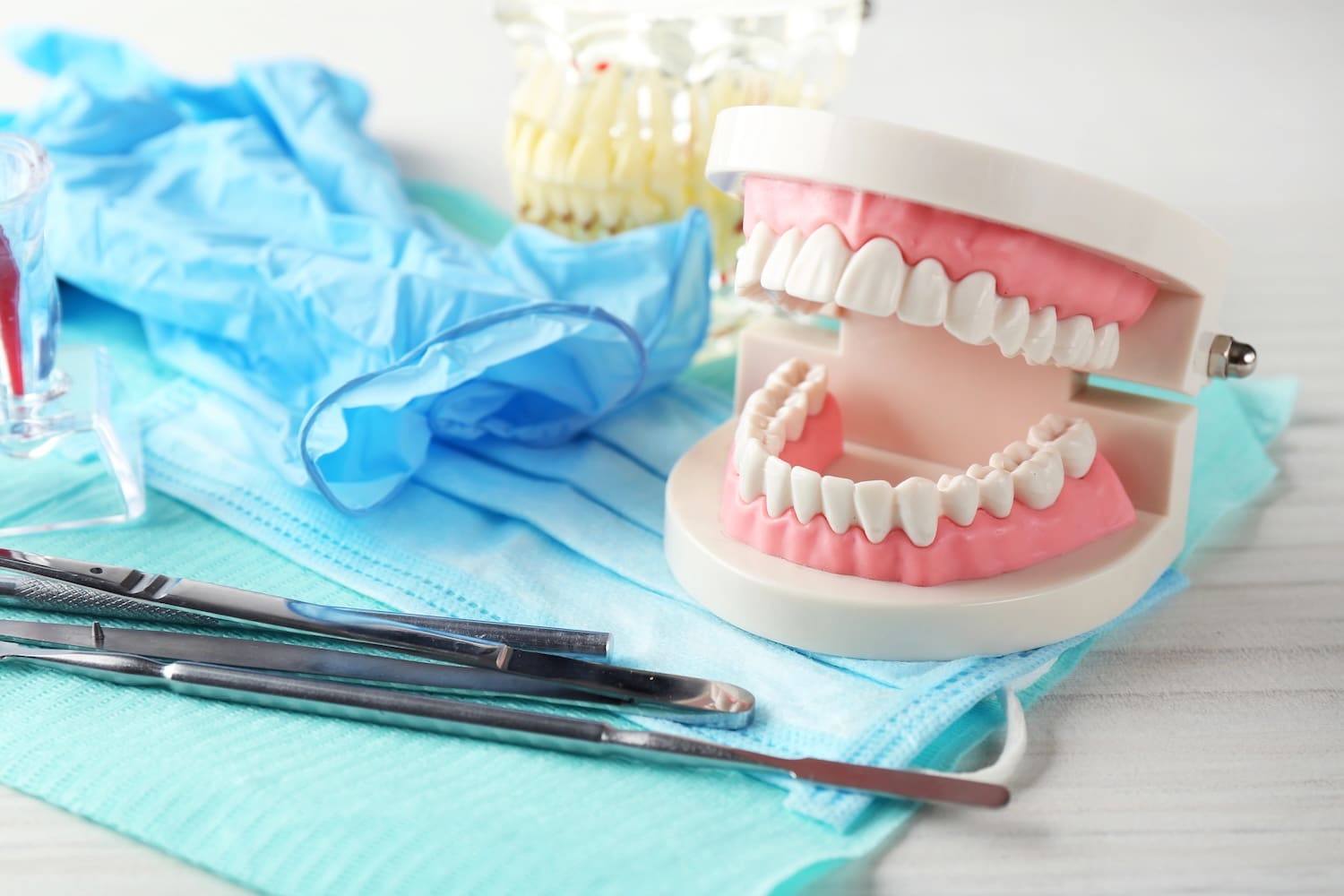Dental practice owners looking to sell their practices obviously want to make sure they get the most out of their sales. Part of this involves not paying more tax than absolutely necessary on the proceeds of the sale. There are tax strategies to help with this, as well as other situations when money is being taken out of a dental business. The Lifetime Capital Gains Exemption is one key tax benefit that can be leveraged to reduce the tax burden arising from these situations.
Whether you are selling your practice because you are retiring, moving, or starting a new challenge, or are pulling money out of your practice for other reasons, it is essential that you benefit as much as possible from the sale.
Table of Contents
ToggleKey Takeaways
- Understanding the Lifetime Capital Gains Exemption (LCGE): Dentists should familiarize themselves with the LCGE, a valuable tax benefit that allows them to shelter a portion of capital gains from taxation when selling their dental practice or other qualifying small businesses.
- Strategic Planning is Crucial: Maximizing the LCGE requires strategic planning. Dentists should carefully structure the sale of their practice, consider timing, utilize family members’ exemptions, and explore other tax-efficient strategies to optimize their tax position.
- Seeking Professional Guidance: Given the complexity of tax laws and regulations, dentists should seek advice from tax experts or financial advisors with experience in the dental industry. Professional guidance can help dentists navigate the intricacies of capital gains tax planning and maximize their tax savings.
- Considering Other Tax Implications: Dentists should not overlook other tax implications when planning for capital gains, such as recapture of depreciation, GST/HST considerations, and retirement income planning. Taking a comprehensive approach to tax planning ensures dentists can minimize their overall tax liability and preserve wealth effectively.
- Integration into Overall Financial Strategy: Capital gains tax planning should be integrated into dentists’ overall financial strategy. By aligning capital gains tax planning with long-term financial goals, dentists can optimize their financial outcomes and achieve greater financial security.
Selling a Business or Its Assets
When selling a business, there are a couple of options.
An asset sale involves the dental practice owner selling some or all of the company’s assets without transferring ownership of the business itself. This is often chosen when buyers are concerned about potential liabilities. By acquiring only assets, they can avoid taking on undisclosed or disclosed obligations and have the freedom to manage the obtained assets as they wish.
Alternatively, business owners may opt for a share sale, directly selling all shares of their corporation to another party. The new owner gains control of the business, along with its assets and liabilities. Negotiations may include exceptions for flexibility in the sale terms.
A hybrid sale combines asset and share sales, with assets sold first and shares sold later as dividends. This approach aims to preserve eligibility for the Lifetime Capital Gains Exemption while optimizing the sale, requiring careful consideration and expert consultation.
Tax Implications in Dental Practice Sales
Asset Sale
Capital gains tax for an asset sale is calculated based on the proceeds from the sale, or the purchase price minus the original cost. The proceeds multiplied by 50% is the taxable amount.
Share Sale
In a share sale, capital gains tax is applied using a similar formula but is based on the shares sold. If you started the company, the purchase price is considered $0.

Lifetime Capital Gains Exemption in Canada
The Lifetime Capital Gains Exemption is a significant tax benefit when generating income from the sale of qualified small business corporation shares. This exemption allows business owners in Canada to enjoy a tax-free capital gain on qualified shares.
For dental practices that have been incorporated, maximizing this exemption is a key tax strategy when corporate shares are being sold.
In 2024 the LCGE limit on the sale of shares is $1,016,836. The exemption grants a capital gains deduction equivalent to half of the LCGE amount claimed.
Restrictions
To qualify for the Lifetime Capital Gains Exemption (LCGE) in Canada, your company must meet specific criteria. It must be a small business corporation (SBC) during the sale, and the sale must involve shares, so dental practices that are structured as sole proprietorships and partnerships do not qualify. This is one of the reasons why the choice of corporate structure is so important when starting a dental practice.
Additionally, over 50% of the business’s assets must have been used in an active Canadian business for 24 months before the sale.
It’s important to note that other requirements and restrictions apply. Careful consideration and professional advice are critical to ensure the exemption is correctly and optimally used.
Is the LCGE Useful in Other Situations?
Beyond the sale of a dental practice, dental practice owners in Canada can leverage the Lifetime Capital Gains Exemption in various scenarios for tax advantages.
Selling qualified small business corporation shares can be useful when dental practice owners need to generate additional income for large personal or business expenses, or when capital is needed for an entrepreneurial venture.
The exemption can also be useful as part of tax-efficient succession planning within the family, or for flexibility in reinvesting sale proceeds in new ventures and exploring entrepreneurial opportunities. When liquidating assets or divesting from one business to fund another, it can help minimize capital gains tax liabilities.
Alternative or Complementary Strategies
If only selling a portion of the business or in other situations where a dentist or dental practice has incurred capital gains, strategies to minimize the tax impact of the capital gains can be a significant benefit. The capital gains can be reduced so that the Lifetime Capital Gains Exemption is not required, or these methods may be able to be used in addition.
Timing the sale of shares strategically, coordinating the sale to align with a major personal financial need, means that dentists can take advantage of the LCGE to pay less in taxes when taking money out of the business to pay for a major expense.
Careful timing of the sale, as part of tax planning, can be used to minimize capital gains taxes, such as during a period when income is low or you have experienced capital losses which will offset the gains.

Dental Tax offers tax planning expertise targeted specifically for dentists. We can help you determine the optimal business structure to benefit fully from available tax opportunities. We tailor strategies to your specific goals and situation, maximizing opportunities for you.
For expert tax planning for dentists, contact Dental Tax at +1 (888) 450-4111 or visit 1100 Burloak Drive Unit 300 Burlington, ON L7L 6B2. Optimize your tax strategies with us today.
Frequently Asked Questions
How are capital gains taxed in Canada?
In Canada, 50% of capital gains are included in taxable income and taxed at an individual’s marginal tax rate. However, there are exemptions and strategies available to minimize the tax burden, especially for dentists selling their practices.
Are there specific criteria to qualify for the Lifetime Capital Gains Exemption?
Yes, there are specific criteria that must be met to qualify for the LCGE, including the type of business being sold, ownership duration, and the use of the proceeds from the sale.
What other tax considerations should dentists be aware of when selling their practice?
In addition to capital gains tax and the LCGE, dentists should consider other tax implications such as recapture of depreciation, GST/HST considerations, and planning for retirement income.
Can dentists use capital gains tax planning to optimize their overall financial strategy?
Yes, capital gains tax planning can be an integral part of an overall financial strategy for dentists, helping them preserve wealth, minimize taxes, and achieve their long-term financial goals.
Adam has an MBA from the Richard Ivey School of Business in London and also holds a Chartered Investment Manager designation.
- 2026 Tax Changes Affecting Canadian Dentists - January 5, 2026
- Financial Metrics Every Dental Practice Should Track - December 22, 2025
- Buying vs. Starting a Dental Practice: Financial Comparison - December 11, 2025




